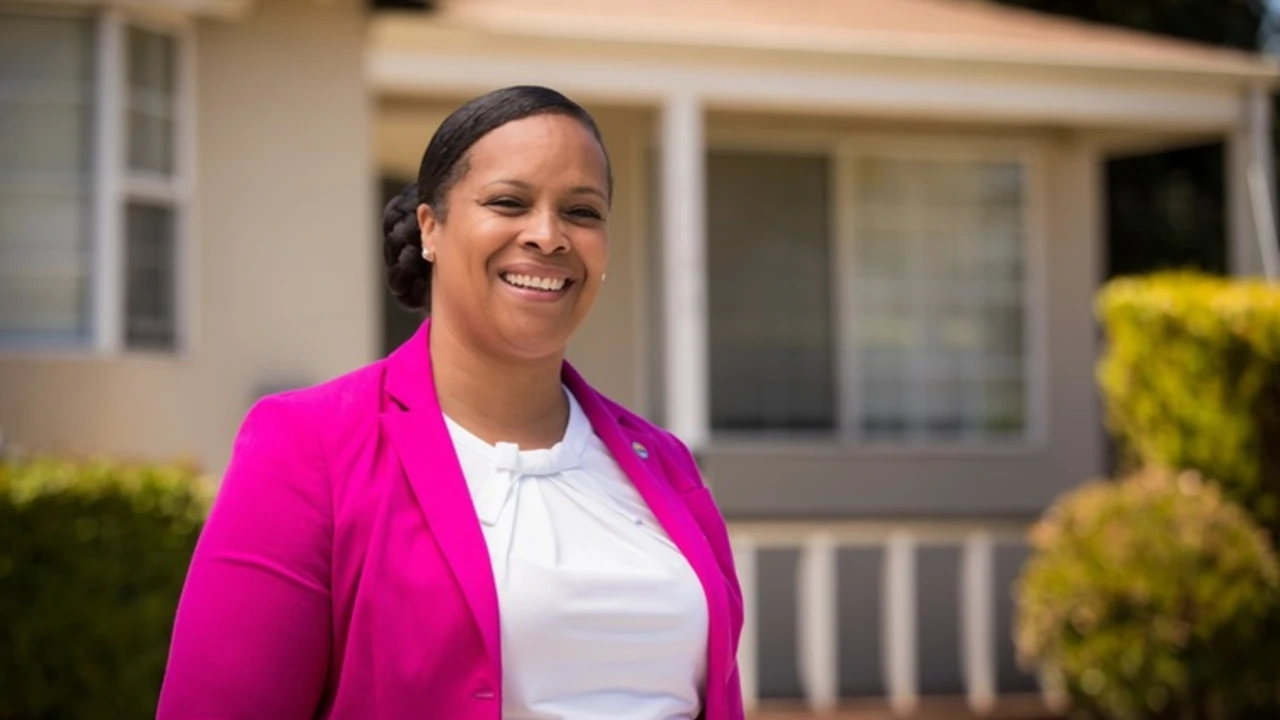The bipartisan infrastructure bill that includes an expansion of private activity bond authority won Senate approval Tuesday, setting the stage for House lawmakers to get to work on it and for the Senate to move to a far larger social infrastructure agenda.
The measure passed by a margin of 69-30, winning more than enough Republican support to carry. It spends hundreds of millions of dollars on roads, bridges, and other infrastructure, doubles highway private activity bond authority, and expands PAB eligibility to broadband and carbon capture projects.
"We applaud the Senate for taking robust action in addressing our nations faltering infrastructure," Bond Dealers of America said in a statement. "However we remain disappointed that the Senate negotiators failed to further utilize municipal bonds in the final plan.

Senate approval now shifts action to the House, which will have to pass the bill, but probably will want to make some changes to it. Rep. Peter DeFazio, D-Ore., who chairs the House Transportation and Infrastructure Committee, has said he believes the bipartisan Senate bill should be conferenced with the legislative text his committee passed previously.
“This is a huge step for a very significant piece of legislation," said Charles Samuels of Mintz Levin, counsel to the National Association of Health & Educational Facilities Finance Authorities. "Even though the municipal finance community is very disappointed that none of its priorities are included, we have to recognize that it deals with critical infrastructure, mostly transportation, issues. What we have to do is take advantage of any other opportunities in this Congress for advance refunding, small borrowers and useful direct pay bond options."
American Securities Association CEO Chris Iacovella thanked leading Senate negotiators for their work on the bill, which he said the groups was pleased to see not include a central infrastructure bank that was part of the plan's initial outline.
“This bill will create good-paying jobs, expand opportunity for America’s working families, and invest in our future," Iacovella said. "We were especially pleased to see Congress kill the misguided federal infrastructure bank, and expand provisions to encourage the use of taxable municipal bonds. ASA looks forward to continue working with our coalition partners and we urge the House to quickly act and send this bill to President Biden’s desk.”
Susan Gaffney, executive director of the National Association of Municipal Advisors, said "providing funding for bread-and-butter projects like roads and bridges and expanding bond provisions for newer areas such as broadband will help state and local governments meet the capital project needs of their communities.”
The Senate now turns its attention to a partisan $3.5 trillion “social infrastructure” package that Democrats will try to pass by a simple majority using the budget reconciliation process. That bill may include more of the muni provisions market participants hoped for, including a direct-pay bond program and a return of tax-exempt advance refunding.
"Expanding the use of private activity bonds is a step in the right direction, but will continue to work with our partners on the Hill, in the administration, and within the issuer community to promote additional vital provisions such as the reinstatement of advance refunding, raising the bank qualified debt limit, as well creation of a new direct-pay bond exempt from sequestration during the budget reconciliation discussions that are ongoing," the Bond Dealers of America statement said.
“SIFMA strongly supports increased investment in America’s infrastructure, which will help spur job creation and economic growth," said Leslie Norwood, head of municipals at the Securities Industry and Financial Markets Association. "We appreciate the fact that the Rural Broadband Financing Flexibility Act, legislation sponsored by Senators Shelley Moore Capito, R-W. Va. and Maggie Hassan, D-N.H., which allows states to issue private activity bonds to finance broadband deployment, was included in the Bipartisan Infrastructure Investment and Jobs Act." Norwood credited Sens. Rob Portman, R-Ohio and Kyrsten Sinema, D-Ariz., who were lead negotiators on the bill.
“As the bipartisan legislation moves to the House and attention turns to reconciliation, we again stress the need for additional bond provisions such as reinstating advance refunding, a direct pay bond program and increasing the small issuer exemption. We believe these three provisions would allow state and local governments to reduce their cost of borrowing increase investment in public infrastructure.”
House Speaker Nancy Pelosi, D-Calif., has said repeatedly that Senate passage of the "social infrastructure" bill is a prerequisite for the House to consider the bipartisan surface transportation bill.





